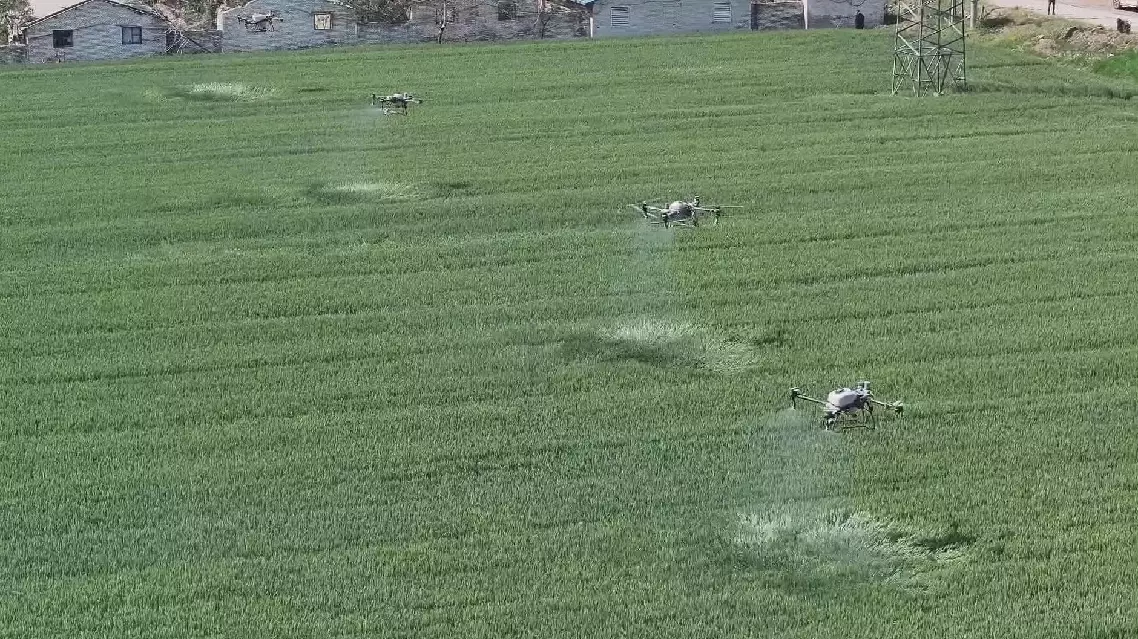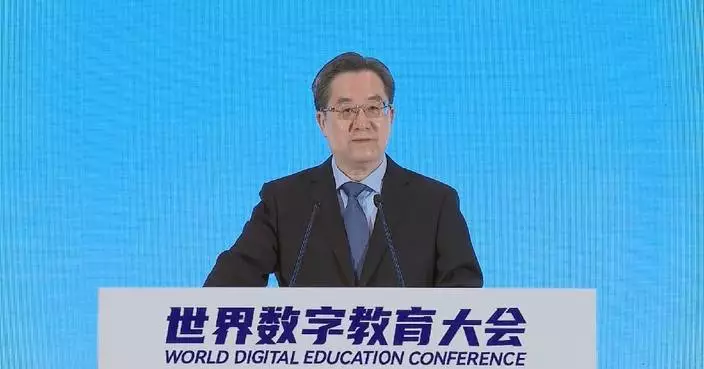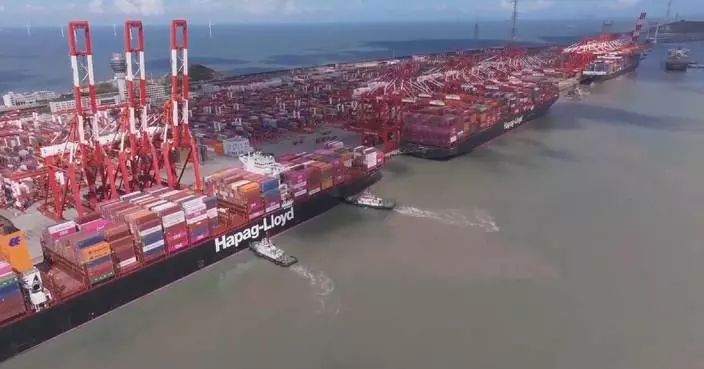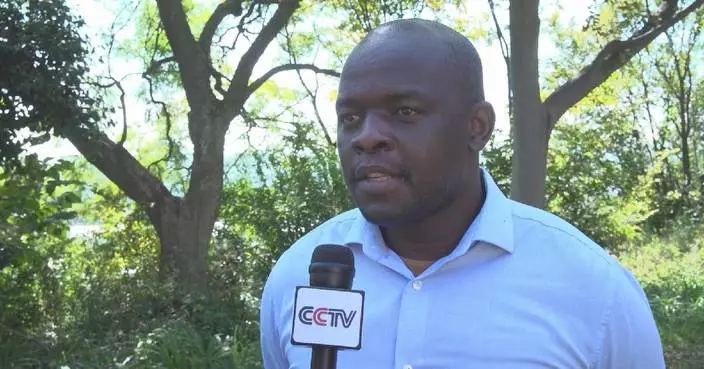The Forum on China-Africa Cooperation (FOCAC) represents a fruitful platform for cooperation between the two sides, said the Prime Minister of Cape Verde Ulisses Correia e Silva, who is in Beijing for the ongoing 2024 FOCAC summit.
Themed "Joining Hands to Advance Modernization and Build a High-Level China-Africa Community with a Shared Future," the three-day summit, which opened on Wednesday, aims to strengthen friendship and outline future cooperation between the two sides.
In an exclusive interview with China Media Group (CMG), Silva said Cape Verde looks forward to achieving win-win results with China through the platform.
"It [FOCAC] is a great platform, where China and Africa can carry out political dialogue and achieve win-win results. Agreements can be signed by both sides, particularly in financing, public fund development, and investment attraction. This will facilitate increased collaboration between Chinese companies, including private businesses, and investors from African nations, like Cape Verde, to collectively explore markets. This enables us to better improve economic development and tackle developmental challenges effectively," he noted.
The Cape Verdean Prime Minister also praised the concept of a China-Africa community with a shared future and acknowledged its achievements in various fields.
"The concept of China-Africa community with a shared future is exactly what we need for our future. China has always set an example for developing countries. Its development strategy is highly pragmatic and has yielded fruitful results. China has made significant investments in human capital, a key factor in its success, which is similar to Cape Verde. While people often attribute China's success to infrastructure development, I believe that its success also stems from investments in human resources, education, knowledge, science, technology, and innovation. These are the factors contributing to the different levels of development among nations. China also has robust mechanisms to ensure national stability. The country has successfully eradicated poverty, a significant challenge faced by Africa. Therefore, the China-Africa community with a shared future also offers a reference for the development path we are seeking," he explained.
Silva also stressed China's crucial role on the international stage.
"On the international stage, China plays a fundamental role as a key participant in maintaining peace and security. China is a major global player and a populous nation, and its development also influences the development of other countries through avenues like consumer and production markets. The common development between China and African nations can lead to a more balanced distribution of production and income," he said.

FOCAC summit fruitful platform for cooperation: Cape Verdean PM
Regions across China are leveraging drones and advanced farm machinery to manage grain production.
There are three different grain production seasons in China: summer grain, early rice and autumn grain, accounting for about 21 percent, 4 percent and 75 percent of the annual grain output respectively.
Traditionally, the summer harvest spans from May to late June in China every year, with most of the work focusing on reaping winter wheat, a staple grain crop, and rapeseed.
The winter wheat planted in more than 250,000 mu (16,667 hectares) of fields in Pinglu County, Yuncheng City of north China's Shanxi Province is now entering the ripening period which is crucial for the grain formation.
Located in a mountainous region, the county has scattered plots which poses challenges to manual pest and disease control. Facing the challenge, the county's agricultural department has designated the scattered plots as specific areas for drone spraying, combining human efforts with drone technology to ensure that no part of the field is left untreated.
The local authorities have deployed drones to cover over 30,000 mu (2,000 hectares) of crop fields per day. Flying over the fields, the drones are spraying pesticides and fertilizer to ensure the health and productivity of wheat crops and a bountiful summer grain harvest.
As the summer grain harvest draws near, major agricultural provinces, including Sichuan in southwest China, Hubei in central China, and Jiangxi in east China, have already begun harvesting rapeseeds.
In Zitong County, Mianyang City, Sichuan Province, rapeseed farmers are reaping a bountiful harvest. In a local agricultural park, six combine harvesters can be seen shuttling across the fields, with their gears whirring as rapeseed stalks being fed into the machines.
The entire process, from harvesting to threshing, separating, and crushing, is fully automated. The crushed rapeseed shells and straw are evenly spread across the fields, while the harvested seeds are transported to drying facilities before being sold or processed into oil for consumption.
This year, Zitong County has deployed over 1,200 harvesters to assist local farmers, with the mechanization rate in harvesting exceeding 80 percent, leading to a 30 percent reduction in harvesting costs. The full harvest is expected to be completed by the end of this month.
Meanwhile, in Jingmen City, Hubei Province, the introduction of two-stage rapeseed harvesting technology has substantially improved grain yields. The new technique involves cutting down the rapeseed, leaving it to dry on the field for a few days before using machines to gather and thresh the seeds.
This innovation has reduced the seed loss rate from 30 percent to less than 8 percent. By now, 758,000 mu (50,533 hectares) of the city's 2.32 million mu (154,667 hectares) of winter rapeseed have been harvested, accounting for more than 30 percent of the crop to be harvested. The harvest is expected to be completed by May 21.
In Linchuan District of Fuzhou City in Jiangxi Province, the rapeseed harvest is nearing its end. Local farmers are racing to take advantage of the favorable weather conditions, using advanced machinery to ensure a smooth and efficient harvest.
The area under rapeseed cultivation in the Linchuan District alone surpasses 100,000 mu (6,667 hectares). More than 2,800 farming households have begun harvesting since late April, with the mechanical harvesting rate exceeding 90 percent.

Chinese farms use drones, advanced farm machinery to manage grain production






















































